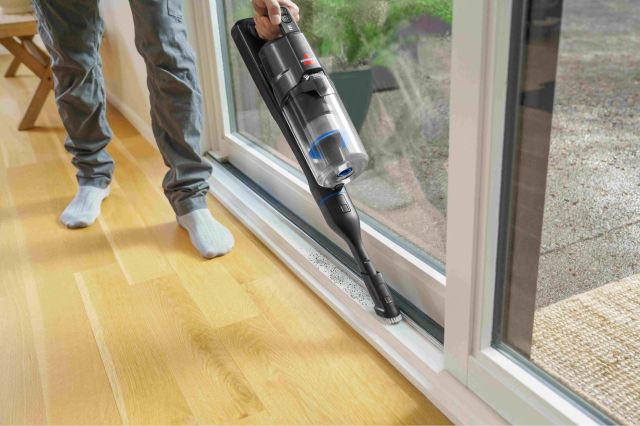Our beds are a lot dirtier than most of us realize. Sheets are covered with bacteria, dead skin, and germs that are invisible to the eye — and because of that, it’s easy to forget to wash them. But you really should be cleaning your sheets more than you think.
Prices are accurate as of May 23, 2024. Subject to change. All featured products and deals are selected independently and objectively by the author. Better Report may receive a share of sales via affiliate links in content.
The Best Sheets for Every Bed
On average, you spend four months each year asleep. Yes, four entire months tucked in your bed, fast asleep (ideally). But if it isn’t city noises or your neighbors keeping you up, it could be your sheets. Scratchy or non-breathable sheets can be a deal breaker — and in the wrong direction. They can make you uncomfortable, or, even worse, overheat. As such, upgrading is well worth your hard-earned dollar.
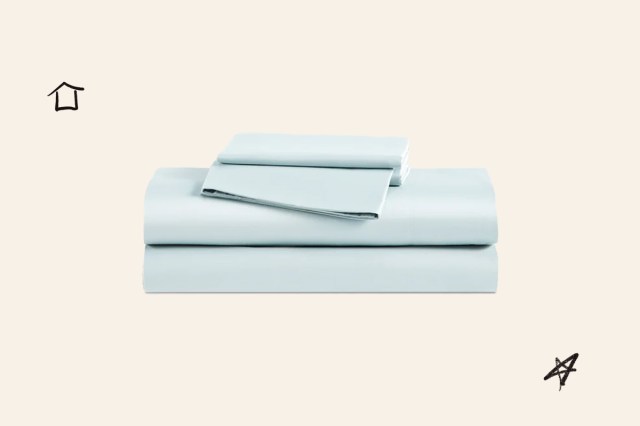
Brooklinen Luxe Sateen Core Sheet Set
There’s a reason interior designers love Brooklinen — and it’s not simply because the brand’s sheets, duvets, bath towels, and blankets look good. They’re soft, durable, and sensible, too, and economical if you consider the thread count of their sheets versus the luxury ones sold at much higher prices. The Core Sheet Set comes with a hotel-quality, long-staple cotton flat sheet, fitted sheet, and two pillowcases in your choice of 13 colors and six sizes.
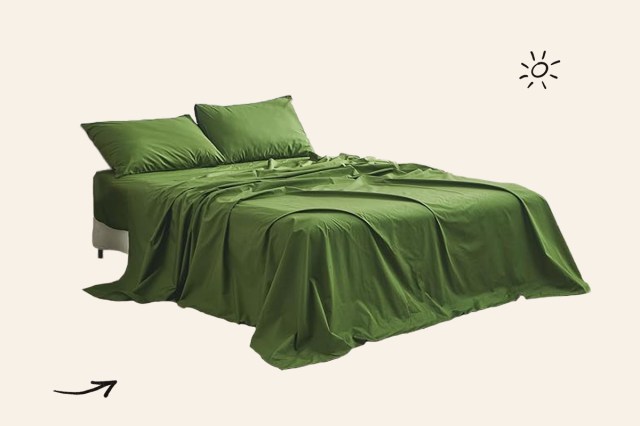
DOZ by Sijo Certified Organic Cotton Sheet Set
For those on a budget, DOZ by Sijo’s organic cotton sheets come in fewer sizes, but they’re not of lesser quality. Reviewers love these sheets, and state that their softness and breathability rival that of pricier, more luxurious competition. Plus, you get all the pieces you need to fully make a bed: the fitted sheet, a flat sheet, and two pillowcases. And given the fitted sheet’s deep pockets, it’s less likely to lift at the corners as you sleep.
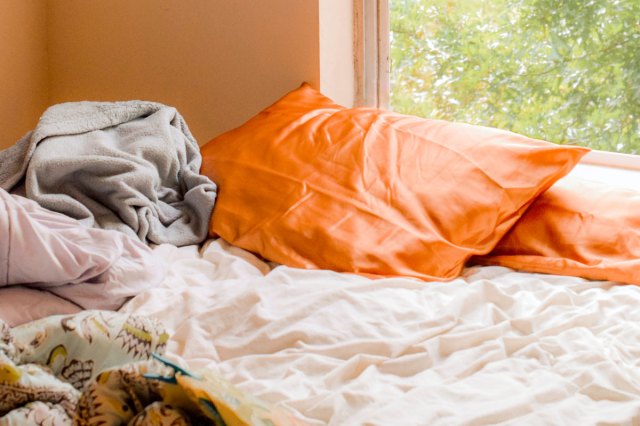
What Makes Sheets So Dirty?
The average person spends eight hours a day in bed. During that time, humans lose a large percentage of the 500 million skin cells they shed daily. Combined with drool, hair, and the 16 to 24 ounces of sweat that humans produce each night, pools of dirt and bacteria form on the sheets, making the bedroom one of the most bacteria-heavy environments in the house — even more so than the bathroom. The dirt, grime, and bacterial build-up may worsen skin conditions like acne and eczema. Over time, sheets can also collect dust that can contribute to bad allergies.
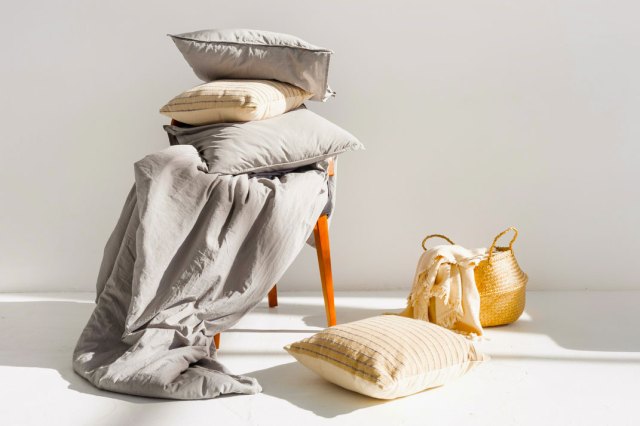
How Often Should You Wash Your Sheets?
The average American washes their sheets every 24 days. However, studies have shown that it’s best to wash sheets every one to two weeks. If you own a pet, have allergies, or have skin conditions that dirty sheets may worsen, wash them every three to four days.
Heavier bedding, such as duvets and comforters, can be washed less often. Duvet covers should be washed every two to four weeks, while blankets and comforters should be cleaned every two to three months. Pillows should be cleaned two to three times annually, though pillowcases should be washed just as regularly as your sheets.
Reader Favorites
What You Need to Wash Sheets
To keep up with the correct wash schedule, you need a steady supply of quality, dependable laundry detergent.

Puracy Liquid Laundry Detergent
Puracy’s two-in-one laundry detergent set comes with one pump-top bottle of its Fresh Linen-scented formula, which is good for 64 loads, and a refill bag of the Free & Clear formula with enough detergent to last you 192 loads. That’s 256 loads in total, or five years’ worth of washing your sheets, should you stick to once a week.

Force of Nature Laundry Detergent Sheets
Nowadays, liquid and pod detergents aren’t the only options. Force of Nature sells innovative detergent sheets, which are just as effective. Eliminate the mess with these no-waste sheets, which are good for one wash per sheet, one-half of a sheet for small ones, and two for extra-large heaps. To use them, simply drop one into your high efficiency (HE), regular, top, or front loader washing machine before dumping your laundry in.
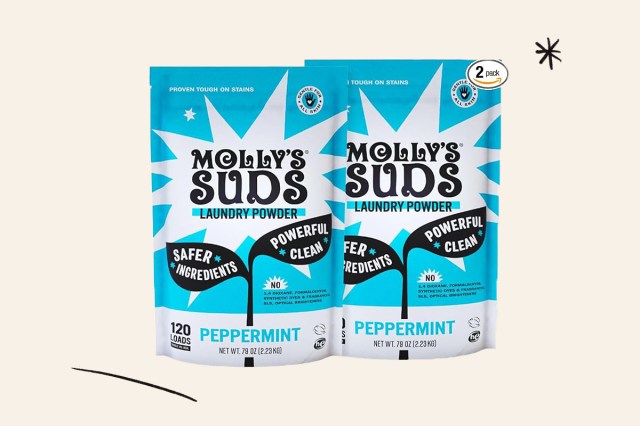
Molly’s Suds Laundry Powder
If you still want to avoid the mess of a liquid detergent but want a little more control over exactly how much detergent you use, try Molly’s Suds powdered laundry detergent, a fan-favorite, stain-fighting formula sold in sets of two designed to last you 240 total loads. And don’t worry: A measuring cup is included so you only use exactly how much you need.

How to Wash Sheets
Properly caring for your sheets depends on the fabric, so it’s best to consult the care label before washing. In general, however, you should wash sheets with warm water and a low spin rate to prevent them from tangling. If you’ve just recovered from being sick, wash your sheets in hot water and use a disinfecting detergent to kill any remaining germs and bacteria. Avoid mixing your sheets with other laundry, as this may lead to pilling, lint buildup, and damage from zippers and buttons. Tumble-dry your sheets on a low-heat setting to prevent damage, heavy wrinkling, and shrinkage. If you want to further minimize wrinkling, remove your sheets while they are still damp and hang them up to dry.
Featured Image Credit: miniseries/ iStock
More From Our Network
Better Report is part of Inbox Studio, which publishes content that uplifts, informs, and inspires.










